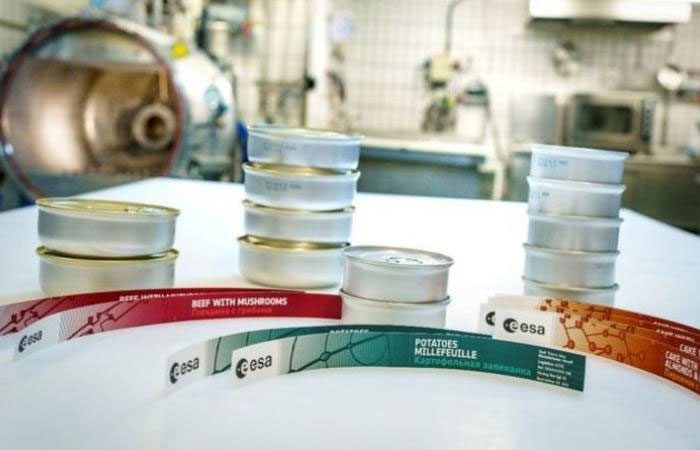NASA promises to award anyone $1 million if they can come up with an innovative solution to “feed” astronauts in space.
Recently, NASA announced a major prize for anyone aiming to solve the problem of providing food for astronauts on long-duration space missions. NASA is looking for new, innovative, sustainable food production technologies and systems that require minimal resources and generate as little waste as possible.

NASA announces a $1 million prize for new solutions. (Photo: Getty)
According to NASA’s website: “Initial missions to the Moon are expected to use packaged food similar to that on the International Space Station (ISS), however, these missions will last a long time, requiring us to reduce our resupply dependence on Earth. Therefore, testing a new sustainable system capable of meeting the food needs of crews is essential for lunar exploration, and even Mars.”
NASA emphasizes: “As part of the project, NASA and the Canadian Space Agency (CSA) are focusing on researching a new food system suitable for all long-duration planetary missions.
Notably, this project will also address food insecurity, a pressing issue affecting many countries. According to the latest government data, approximately 4.7 million adults and 2.5 million children experienced food insecurity in 2021. Unsafe food negatively impacts the physical and mental health of children.
NASA has long struggled with food issues on multi-year space missions. Since food loses its nutritional value over time, conventional packaged food will not suffice. Jim Reuter, the deputy administrator of NASA’s Space Technology Mission Directorate, stated: “Providing nutritious food for astronauts under constrained conditions in space will require innovative solutions.”
<pResearch teams from around the world can register for the competition, with a deadline of February 28, 2022.
In the first phase of the competition held in October 2021, 18 teams won a total of $450,000. Some teams proposed technologies for creating instant foods, while others focused on bread and dry mixes. There were even teams that presented creative ideas such as growing plants and genetically modified mushrooms.





















































